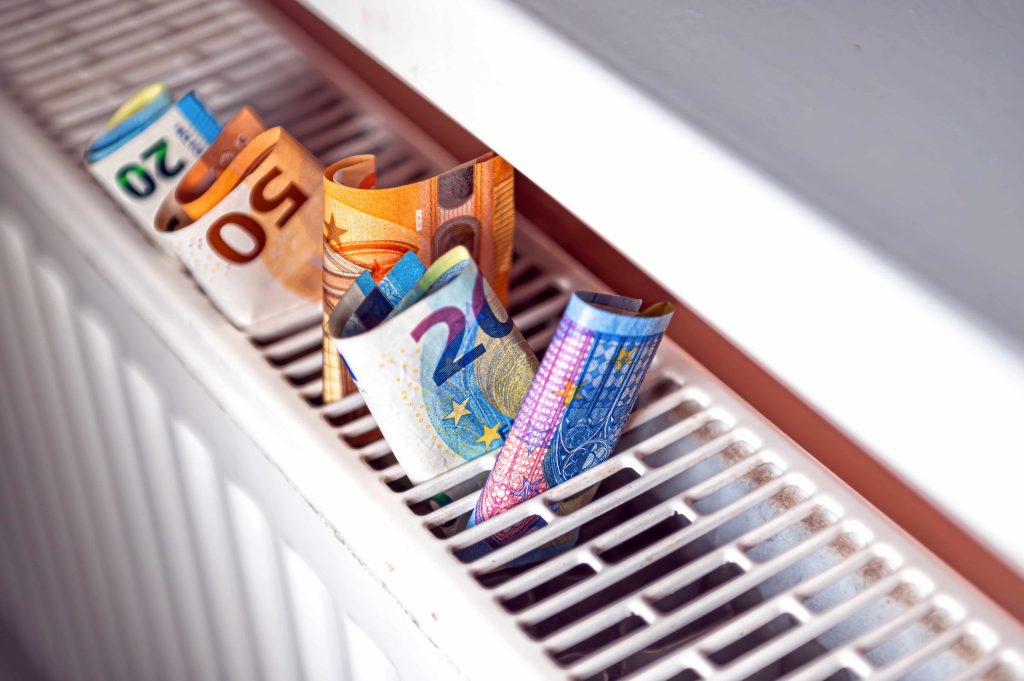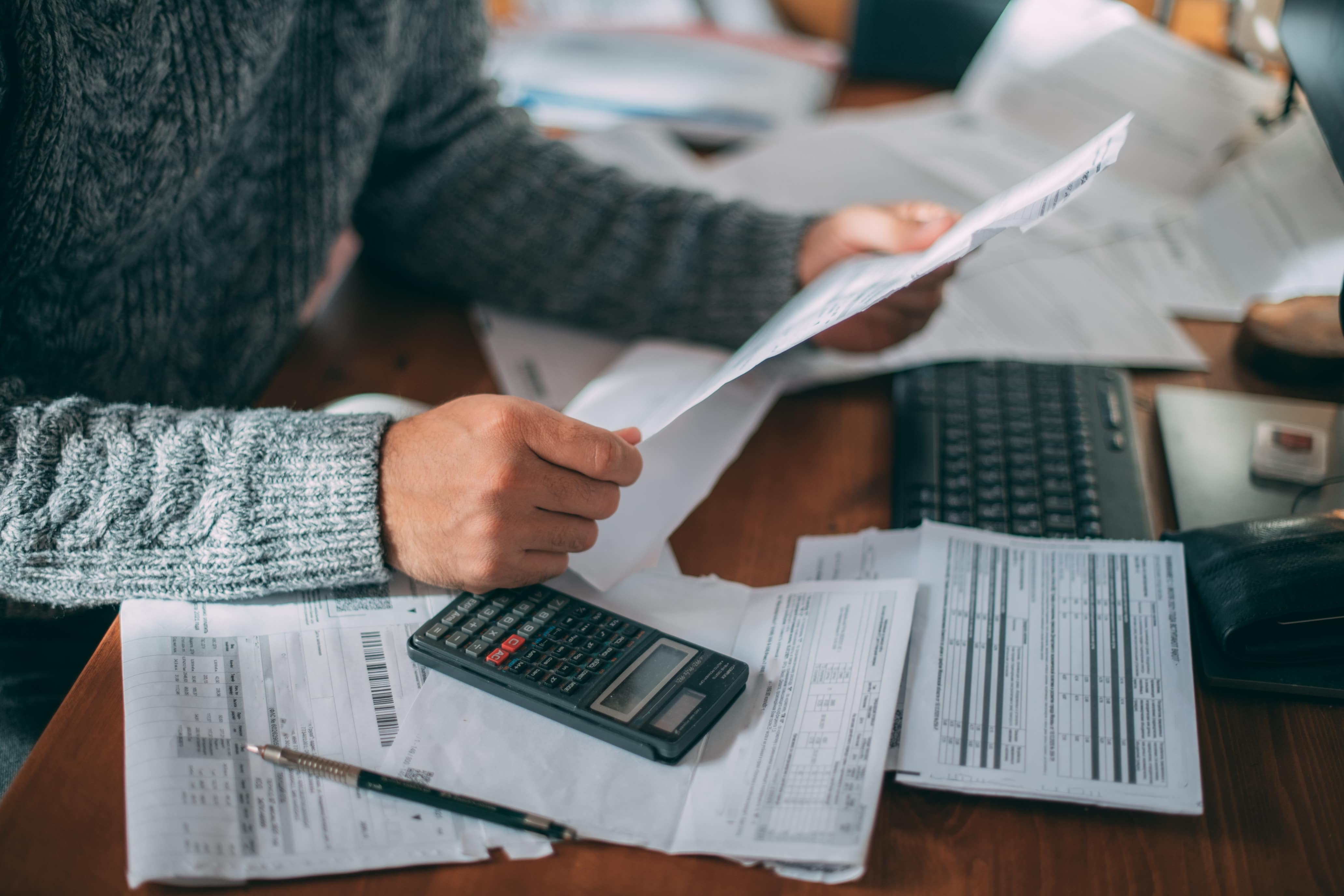
How to save on household bills
It is a big question throughout the year, not just during the winter season when heating costs are added to electricity. Yet there are ways to save on bills, and knowing them helps not only the wallet but also our lifestyle.
10 tips to save energy at home
The key to reducing household utility costs lies primarily in good consumption habits. Some simple precautions help tackle - at least in part - the increases in electricity and gas bills which are influenced by fluctuations in prices linked to the international economic situation.
- Invest in high-energy-efficient appliances.
- Use energy-efficient light bulbs.
- Turn off lights and appliances when not in use.
- Remember to close doors and windows.
- Make use of natural light.
- Prefer a shower over a bath.
- Use the dishwasher and washing machine with care.
- Pay attention to the use of the refrigerator.
- Don't overuse the air conditioner.
- Limit oven and iron usage.
The energy efficiency of appliances is a long-term investment. Before purchasing, it is good to consider their energy class: the higher it is, the more they are designed to consume less.
Technological development with a focus on saving extends not only to washing machines, dishwashers or air conditioners but also to common light bulbs. Fluorescent or LED bulbs consume less than traditional ones, contributing to savings on the electricity bill.
Savings can also be achieved with a seemingly simple but not entirely obvious step. Appliances and lights should be turned off when not needed or not in use, especially during nighttime hours. It is also better to avoid leaving electronic devices such as computers or printers on standby and connected to the power outlet if not planning to use them.
A special attention should be given to managing the refrigerator, which by its nature is always active. It should not be overloaded because more energy will be required to keep all internal areas cold. Continuously opening and closing the door, and then forgetting it open, negates any savings effort.
Another crucial step is the intelligent use of both the washing machine and dishwasher. For washing clothes and dishes, for example, one can take advantage of the time slots when energy costs less. They should be activated when fully loaded, without overdoing it, and it is not worth turning them on if the load is minimal.
Caution and common sense are also important with the air conditioner: on hot days, the dehumidifier mode can be adopted. It helps keep the home environment cool, limiting electricity consumption.
How to reduce gas consumption in winter?
The tips for energy savings also apply to gas consumption. One of the key suggestions concerns the use of hot water, which is why it is better to take a shower rather than a bath. This significantly reduces the water flow, requiring the boiler to heat up less.
Waste should also be avoided in the kitchen. The pot should be placed on the stove with the correct size to optimise gas consumption. At the end of cooking, the stove can be turned off, utilising the residual heat generated.
Heating is one of the most impactful factors in terms of energy consumption.
- First and foremost, it is essential to avoid heat loss. Doors to unused rooms can be closed, optimising heating in the ones being utilised. Window fixtures should be checked to ensure there are no drafts.
- To refresh the air in the rooms, windows should be opened for a few minutes, preferably during the warmer hours of the day when heating is at a minimum or turned off.
- There should be no obstacles like furniture in front of or above radiators that hinder the heat distribution. Conversely, a reflective panel can be placed between the radiator and the wall to confine heat loss to the outside.
- The temperature should be set between 66,2-68°F, which is sufficient to achieve thermal comfort. If set too high, in addition to increasing the bills, it adversely affects air quality.
How to pay less for gas?
To avoid gas wastage associated with heating, technology comes to the rescue. Home automation systems are an added value that facilitates users in managing thermostats and radiators.
- Wi-Fi thermostats are remotely connected to smartphones. They can be turned on and off at any time, setting the desired temperature.
- They also monitor air quality, indicating humidity levels.
- Equipped with algorithms that learn residents' behaviours, the green mode ensures optimal comfort while saving energy.
- The multi-zone system allows for temperature regulation in different rooms, always adapting to users' habits - more frequently used rooms are warmer than those with reduced activity.
This applies to smart radiator valves as well, which include sensors detecting window openings and temporarily and locally interrupting heat delivery.
- Temperature is controlled in each single room.
- Heating schedules are planned based on residents' daily, weekly, and hourly habits.
- App notifications inform users of anomalies or low battery issues.
- They are compatible with all radiator brands.
Proper maintenance of both radiators and boilers is crucial.
- Radiators need to be regularly cleaned and vented because limescale and sediment affect their performance.
- The boiler must undergo checks mandated by current regulations not only for safety and environmental impact but also to maximise its energy efficiency.
If the boiler is outdated, it should be replaced with more innovative models such as condensing boilers or heat pumps, designed to operate more efficiently and consume less.
- A condensing boiler recovers heat from combustion fumes and steam, consequently using less gas than traditional ones.
- The heat pump utilises a renewable source like outdoor air to produce heat that is directed to the water system.
Lastly, for both gas and electricity, it is always worthwhile to evaluate the best tariffs offered by energy providers.

What time of the day is the cheapest energy?
Discovering the most cost-effective periods for energy consumption is a savvy way to manage household expenses.
The cheapest off-peak electricity times vary according to:
- providers;
- where you live;
- time of the year.
Generally, electricity is cheapest between 10 p.m. and 8 a.m.
Other posts
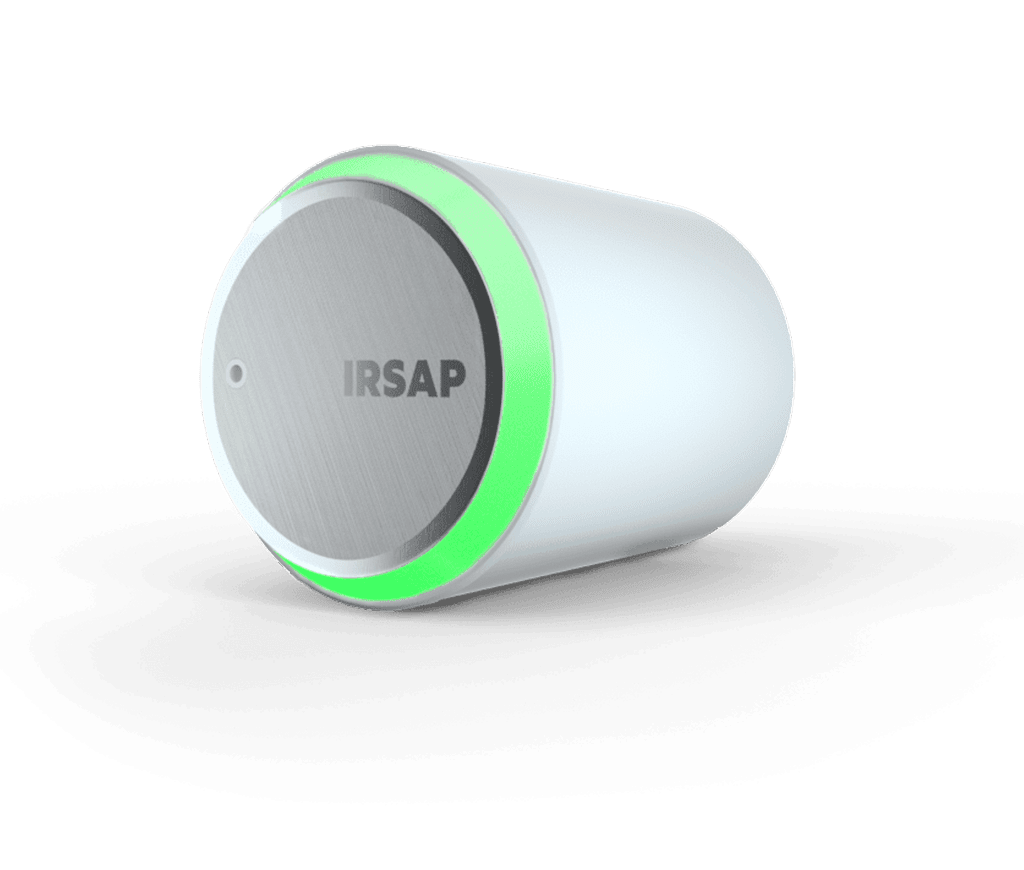
Smart Valve
Controlla la temperatura di ogni singola stanza senza l'esecuzione di opere murarie o elettriche. Le nostre Smart Valve sono compatibili con tutti i marchi di radiatori e i principali produttori di valvole idrauliche.
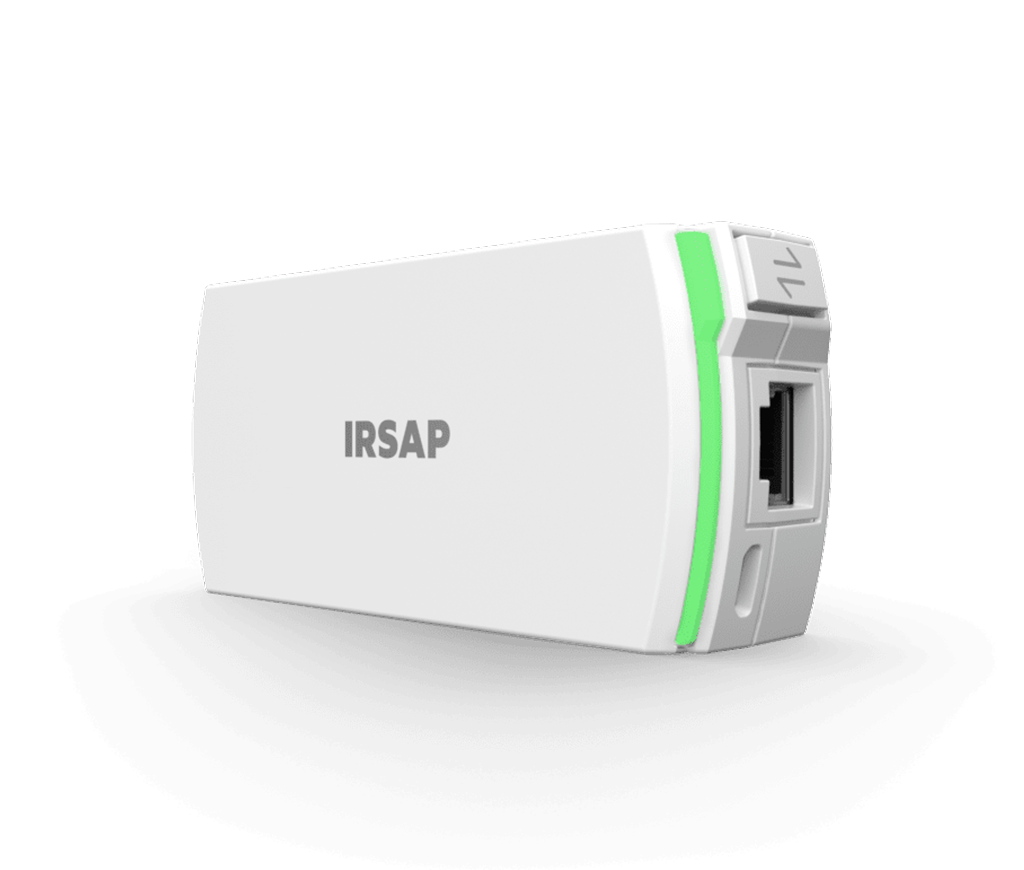
Connection Unit & Repeater
La Connection Unit va collegata al router di casa ed è indispensabile per controllare tutti gli altri dispositivi del sistema dove e quando vuoi direttamente dal tuo smartphone tramite App.
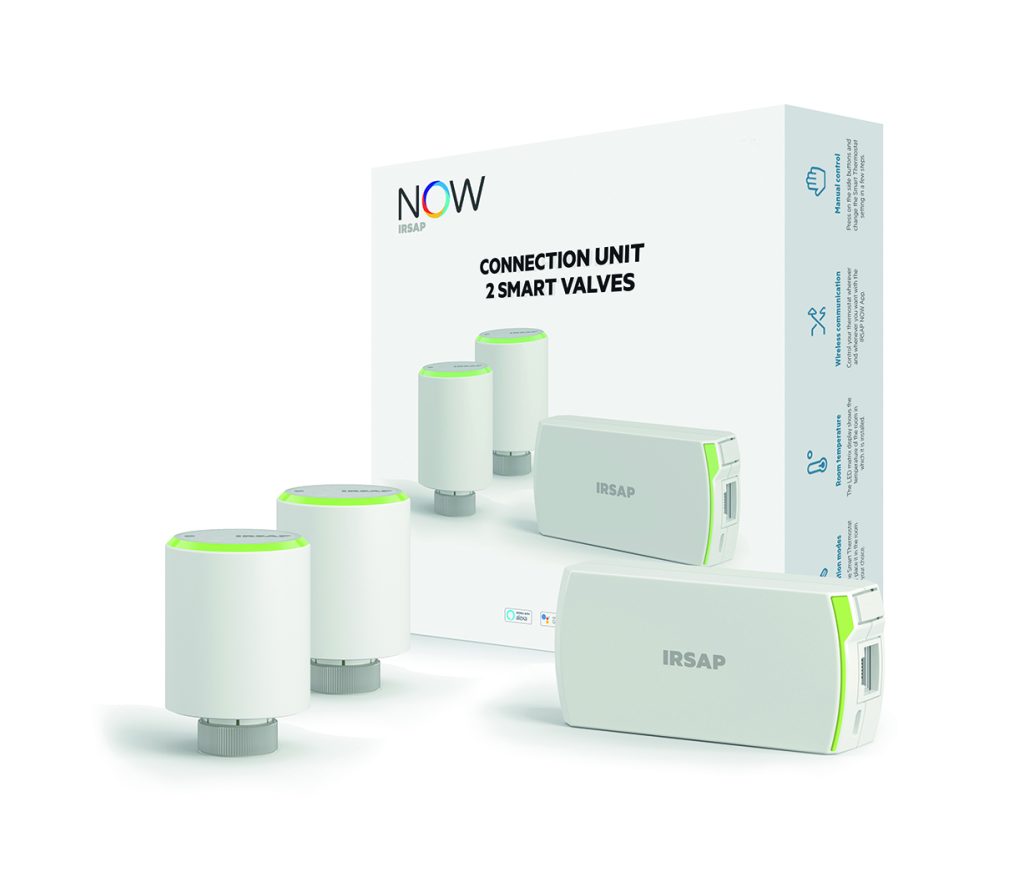
Kit Smart Valve
Ottieni il massimo del comfort e imposta la temperatura ideale di ogni zona della tua casa con il Kit Smart Valve. Controlla la temperatura dove e quando vuoi tramite smartphone. Le nostre valvole termostatiche intelligenti sono compatibili con tutti i marchi di radiatori e i principali produttori di valvole idrauliche.







